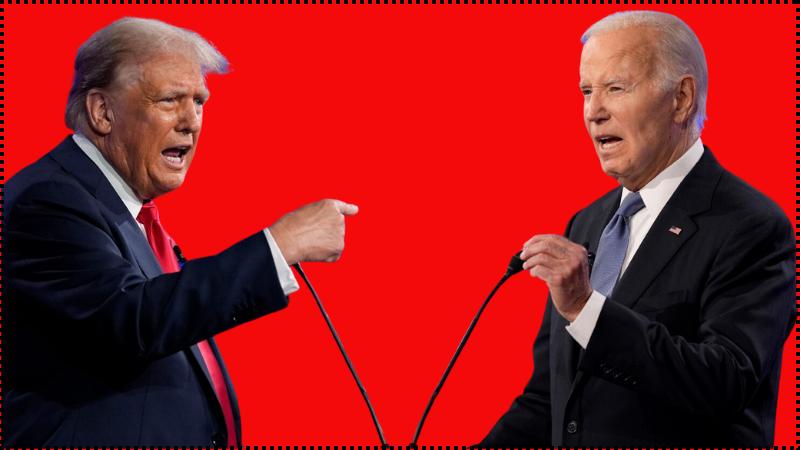
- galaxy
- 19 Nov 2024 03:02 AM
- Trump, Biden, Ukraine Russia negotiations, Ukraine
Donald Trump’s allies have sharply criticized President Joe Biden’s recent decision to allow Ukraine to use US-supplied long-range missiles for attacks inside Russian territory, calling it a dangerous escalation of the ongoing war. This move marks a significant policy shift with just two months left in Biden’s presidency, and it comes amid mounting tensions over the war’s direction and potential negotiations for peace.
The new policy fulfills a long-standing request from Ukraine, which has been fighting the Russian invasion for nearly three years. Biden’s pledge to increase military support for Ukraine, including the provision of these long-range missiles, has been met with strong disapproval from Trump’s team, with some suggesting that the move is politically motivated, aimed at influencing the trajectory of the war as Trump prepares to take office in January.
Trump has repeatedly pledged to end the war but has not provided clear details on how he would accomplish that goal. In contrast, Biden’s decision to escalate military support is viewed by Trump’s allies as a provocative step that risks further destabilizing the region and complicating peace efforts.
Moscow has already warned of an "appropriate" response if these US-supplied missiles are used against Russian targets, heightening the risk of retaliation. Trump’s national security adviser pick, Mike Waltz, condemned Biden’s action as an unnecessary escalation, warning that it could lead to a broader conflict. "It’s another step up the escalation ladder and nobody knows where this is going," Waltz told Fox News.
Richard Grenell, a former acting Director of National Intelligence under Trump, also voiced his concerns on social media, arguing that Biden’s decision nullified all previous calculations and would have serious political consequences. "Everything has changed now... all for politics," Grenell said, highlighting the implications of the policy change as Biden’s administration enters its final phase.
Donald Trump Jr. also weighed in on the issue, tweeting his frustration with the military-industrial complex, which he believes is pushing the United States toward a larger war. He suggested that the timing of Biden’s decision could be intended to complicate Trump’s peace-making efforts once he takes office.
Trump himself has not publicly commented on Biden’s decision regarding the long-range missiles. However, his spokesperson, Steven Cheung, reiterated Trump’s position, emphasizing that the former president remains confident that he is the only one capable of bringing both sides together to negotiate peace and end the war.
As the war hits its 1,000th day, Ukraine’s Foreign Minister Andriy Sybiga is expected to visit the US Congress to drum up continued support for his country’s fight against Russia. Meanwhile, Trump, who has questioned the more than $60 billion in US military aid to Ukraine, has promised to work toward a peace agreement that could end the war quickly. Trump’s team has suggested that Trump would be able to bring both sides to the negotiating table, and a diplomatic solution remains a key part of his foreign policy strategy.
While Biden’s move to escalate the war by supplying long-range missiles complicates the situation, the incoming Trump administration faces a rapidly shifting geopolitical landscape, one where the future of the US’s support for Ukraine and the prospects for peace are still uncertain.






























